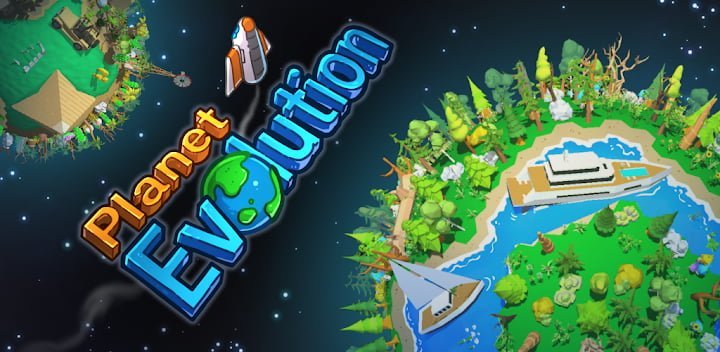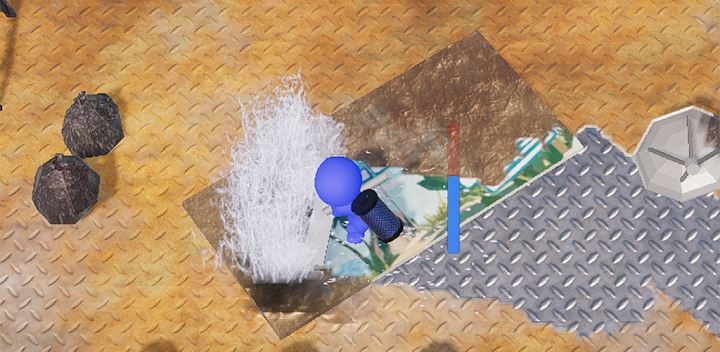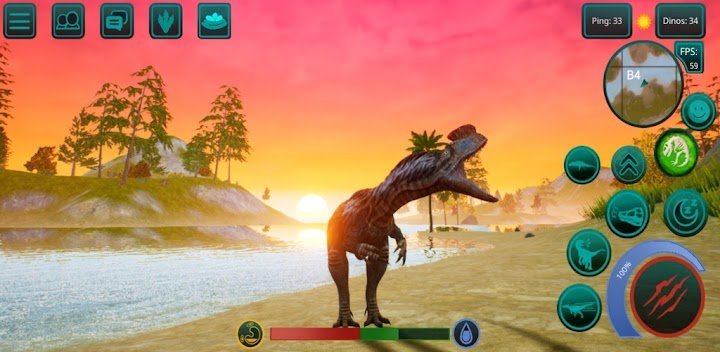Planet Evolution refers to the dynamic changes that occur over time in the composition, structure, and characteristics of planets. These changes can be driven by various processes such as geological activity, biological evolution, and impacts from celestial bodies, shaping the development of planets in our universe.
Introduction
In the vast expanse of the universe, planets are born and undergo incredible evolutionary processes. These celestial bodies go through various stages of evolution, transforming from barren rocks to thriving ecosystems. Planet evolution is an intricate and captivating phenomenon that has fascinated scientists and enthusiasts alike. In this article, we will dive into the intriguing processes that shape a planet’s evolution.
Formation of Planets
Planets are formed through a process known as accretion. This occurs within the swirling disks of gas and dust surrounding young stars. As particles collide and clump together, they gradually form larger bodies. Over time, these bodies continue to attract more matter, ultimately growing into planets. The precise composition and size of a planet depend on factors such as its distance from the star, the composition of the protoplanetary disk, and the influence of other celestial bodies.
Early Stages: Molten Balls
During the early stages of a planet’s evolution, it is nothing more than a molten ball of rock and metal. Initially, the intense heat generated by the formation process keeps the planet in a molten state. Over time, the surface cools down, forming a crust. The crust eventually solidifies, creating the foundation for further evolutionary changes.
Volcanic Activity and Tectonic Movements
Once a planet has cooled down sufficiently, volcanic activity becomes a significant driver of evolution. Eruptions release gases, such as water vapor and carbon dioxide, which contribute to the development of an atmosphere. These gases trap heat, leading to the greenhouse effect and further increasing the planet’s temperature. Volcanic eruptions also release minerals and nutrients into the atmosphere, creating fertile conditions for the emergence of life.
Tectonic movements, driven by the planet’s internal heat, shape its surface. Plates move and collide, creating mountains, valleys, and oceans. Through these dynamic processes, continents form, and water accumulates in vast bodies, such as oceans and lakes. The interaction between volcanism and tectonic movements plays a crucial role in the planet’s evolutionary trajectory.
Atmosphere Development
The formation of an atmosphere is a pivotal milestone in a planet’s evolution. It enables the stabilization of temperature, protection from harmful radiation, and the formation of weather systems. As the planet cools down, water vapor condenses, forming clouds and leading to precipitation. Rainfall contributes to the collection of water bodies, necessary for the development of life.
Additionally, the emergence of photosynthetic life plays a significant role in atmospheric evolution. Through photosynthesis, organisms convert carbon dioxide into oxygen, altering the atmospheric composition. Oxygen accumulation allows for the proliferation of complex life forms and the development of ozone, which shields the planet from harmful ultraviolet radiation.
Emergence of Life
The emergence of life on a planet marks a pivotal point in its evolution. Life not only transforms the planet’s ecosystems but also introduces chemical changes that impact its atmosphere and geology. Through processes such as biological weathering and the metabolic output of organisms, life shapes its environment. Ecosystems develop, with interdependencies and intricate webs of life supporting each other.
Over time, evolutionary processes give rise to a diverse array of species, each perfectly adapted to their respective environments. Natural selection ensures that only the fittest survive, leading to the development of more complex organisms capable of complex behaviors and intelligence.
Intelligent Life and the Future
The ascent of intelligent life is an exceptional occurrence in a planet’s evolutionary trajectory. It is marked by the development of sentient beings capable of conscious thought, innovation, and complex social structures. With intelligence comes the ability to shape the planet’s destiny consciously.
Intelligent life can affect the environment through industrial activities, altering the planet’s climate and geology. This influence can have both positive and negative outcomes. As technology evolves, there is the potential for space exploration, allowing intelligent beings to venture beyond their home planet and seek answers to the mysteries of the universe.
However, the actions of intelligent beings have the power to threaten their planet’s stability. Pollution, deforestation, and overexploitation of resources are challenges that need to be addressed to ensure a sustainable future for both the planet and its inhabitants.
Conclusion
Planet evolution is a captivating journey that starts with the formation of celestial bodies and progresses through stages of volcanism, atmospheric development, and the emergence of life. From molten rocks to thriving ecosystems and the ascent of intelligent beings, the evolution of a planet is an intricate and remarkable process. As we continue to explore the universe, each newly discovered planet presents us with unique insights into the wonders of planet evolution.




